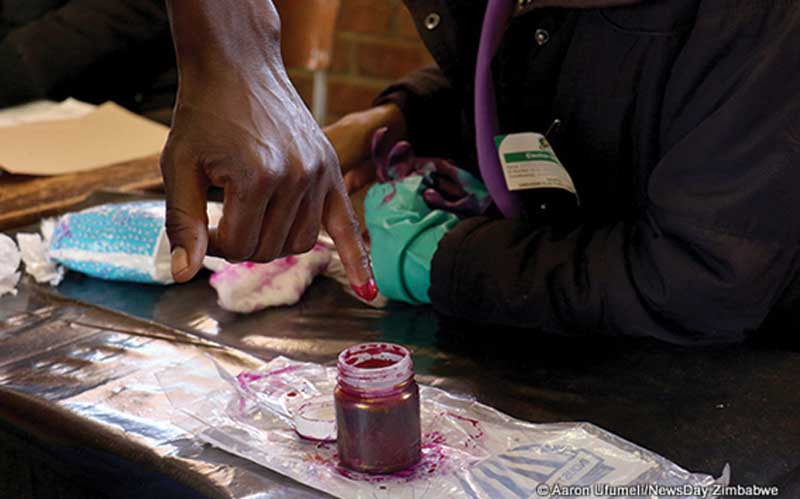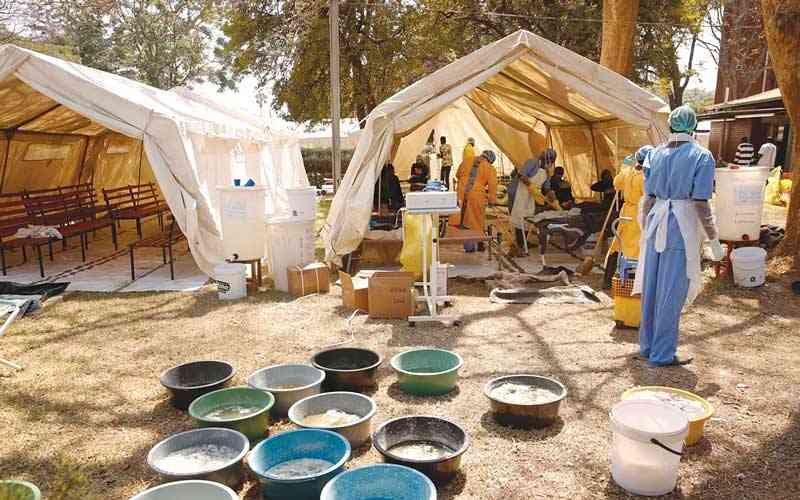
THE ruling Zanu PF has secured the much coveted two-thirds majority in the National Assembly.
This came after the party won six seats in Saturday’s by-elections, marred by low voter turnout, the bane of by-elections as the electorate voted with their feet.
The by-elections were held in Seke, Goromonzi South, Zvimba East, Pelandaba-Tshabalala, Chegutu West and Mkoba North constituencies.
The by-elections were held after Citizens Coalition for Change (CCC) self-imposed interim secretary-general Sengezo Tshabangu recalled lawmakers saying they had ceased to be members of the two-year-old political party.
That the CCC performed dismally after the former lawmakers were barred from contesting is ample evidence that the recalls were meant to give Zanu PF the two-thirds majority, for whatever reason.
The ruling party could not get the two-thirds majority in the August harmonised elections despite going all out in the bid to garner supermajority and rule unhindered.
In Saturday’s by-elections, the turnout was low as voters seemed to have resigned themselves to fate after their preferred candidates were barred from contesting.
An analysis of the turnout showed that it was low compared to that of August 23, 2023, with average turnout at 22,1%.
- News in depth: Fears of violent 2023 polls grow as ED fails to deliver on promises
- Chamisa party defiant after ban
- Letter to my people: Mthuli Ncube experiment has failed
- News in depth: Slain Moreblessing Ali’s family fears cover-up as children are forced into hiding
Keep Reading
In its preliminary report, the Zimbabwe Election Support Network (Zesn) expressed concern over the decline in voter participation which it said could be seen as a form of voter protest, particularly in response to recalls.
“The influence of recalls on the democratic character of elections is apparent in the decreasing voter participation witnessed in by-elections after the 2023 harmonised elections. Voter apathy erodes the core principles of democracy,” Zesn said.
It said inadequate intra-party democracy, procedural deficiencies and shortcomings in the regulations governing the selection of candidates could be recognised as elements contributing to the low turnout, impacting voter motivation and active participation in electoral processes.
The election watchdog expressed alarm over the increase in rejected votes. This, it said, may be indicative of voter fatigue or protest.
In its analysis, Zesn said Goromonzi South recorded 369 rejected votes, Seke (313), Zvimba East (262), Pelandaba-Tshabalala (212), Chegutu West (191) and Mkoba North with 185. The same trend was witnessed across all electoral constituencies during the December 9 by-elections, it said.
Beyond Zanu PF’s supermajority is an economy on its knees with the local currency taking a sharp depreciation against the US dollar. This has pushed up prices of basic commodities and has seen an escalation in the elbowing out of the Zimdollar. Statistics show that about eight out of 10 transactions are conducted in the US dollar.
The economy catches a cold everytime the politics sneezes. Its response is predictable. The sharp depreciation of the local currency against the dollar over the past month is a tell-tale sign that the economy has no confidence in the administration.
The coming days will give Zanu PF a rude awakening that it is not only about a two-thirds majority but laying on the ground credible policies that instil investor confidence and in the process, stabilise the economy.
Annual inflation is north-bound, hitting 34,8% in January from 26,5% in December, driven by the increasing cost of food and non-alcoholic beverages, among others.








